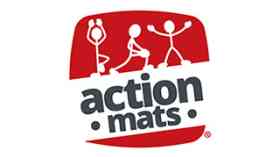Action Mats create resources for primary and early years children focussing on movement skills and active learning.
Supplier Focus
Latest Supplier News
Borg & Overström is a UK manufacturer of premium drinking water solutions. For over 20 years Borg & Overström has developed sustainable, bottle-less, hygienic, drinking water dispensers with the aim to provide exceptional, safe, self-service drinking water into schools, universities, workplaces and communal spaces.

 All schools are subject to public standards of accountability. Although schools spend most of their money on education staff, they collectively spend approximately £9.2billion on other areas including energy, catering and back office. The benefits of effective procurement practices includes: Financial savings that can then be re-invested in your priorities for driving up standards; goods or services purchased are fit for purpose; suppliers deliver (and continue to deliver) as agreed; legal and financial obligations are complied with.
All schools are subject to public standards of accountability. Although schools spend most of their money on education staff, they collectively spend approximately £9.2billion on other areas including energy, catering and back office. The benefits of effective procurement practices includes: Financial savings that can then be re-invested in your priorities for driving up standards; goods or services purchased are fit for purpose; suppliers deliver (and continue to deliver) as agreed; legal and financial obligations are complied with.








